Every central government worships uniformity: uniformity relieves it from inquiry into an infinity of details
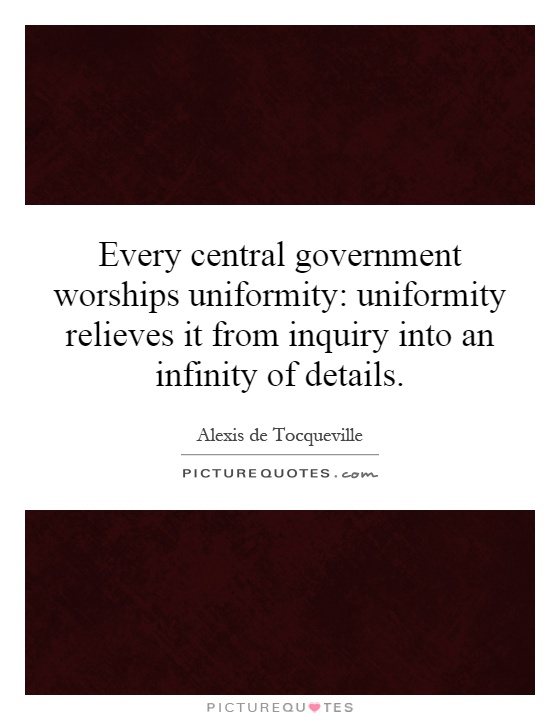
Every central government worships uniformity: uniformity relieves it from inquiry into an infinity of details
Alexis de Tocqueville, a French political thinker and historian, was keenly aware of the dangers of centralized government and the tendency towards uniformity that it often promotes. In his seminal work, "Democracy in America," Tocqueville explores the impact of centralized government on society and the individual, highlighting the ways in which uniformity can stifle creativity, diversity, and individuality.Tocqueville argues that central governments are inherently drawn to uniformity because it simplifies the task of governance. By imposing uniform laws, regulations, and standards, the government can more easily control and manage the population. However, Tocqueville warns that this quest for uniformity comes at a cost. It limits the ability of individuals and communities to express their unique identities and pursue their own interests and values.
One of the key dangers of uniformity, according to Tocqueville, is that it relieves the government from the need to engage in detailed inquiry into the diverse needs and preferences of its citizens. Instead of taking the time to understand the complexities of society, the government imposes one-size-fits-all solutions that may not be appropriate or effective for everyone. This can lead to a sense of alienation and disenfranchisement among those who do not fit the mold of the "average" citizen.
Tocqueville also warns that uniformity can have a homogenizing effect on society, eroding the rich tapestry of cultural, social, and political diversity that makes a nation vibrant and dynamic. When everyone is expected to conform to a single standard, there is little room for innovation, experimentation, or dissent. This can lead to a stifling of creativity and a narrowing of the range of ideas and perspectives that are considered acceptable.

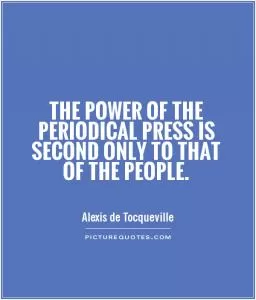



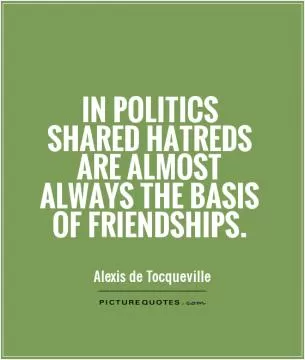


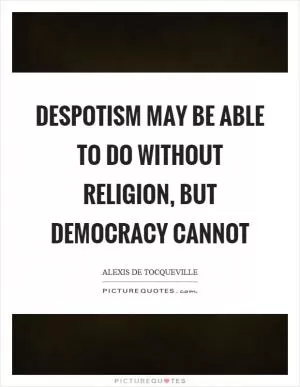


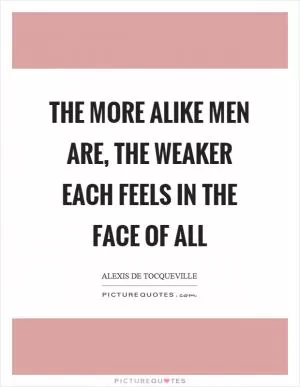
 Friendship Quotes
Friendship Quotes Love Quotes
Love Quotes Life Quotes
Life Quotes Funny Quotes
Funny Quotes Motivational Quotes
Motivational Quotes Inspirational Quotes
Inspirational Quotes